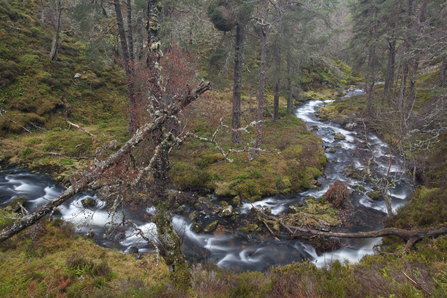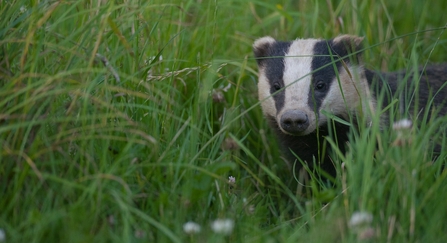Over a decade ago, the HS2 project was heralded as “world-leading” in its design and construction techniques. Yet over the course of the last ten years Wildlife Trusts have had to challenge both – in 2013, my Trust brought a judicial review against the scheme and in 2015, petitioned against it twice at Select Committee in order to influence the design and route plans. In recent weeks, the first stages of enabling works and construction for Phase 1 have started and the works undertaken and their impacts on wildlife have caused widespread alarm. Not only have works to remove ancient woodland habitat been undertaken at the height of spring during the bird nesting season, but major issues have been raised about impacts on other species. Formal complaints have been sent to the government’s adviser, Natural England, by members of the public.
We have been copied in to several of these complaints, and are increasingly worried about the numbers of complaints we’re seeing – Natural England and the HS2 Ltd complaints team will be extremely busy responding to these reported concerns. The messages we’ve seen clearly demonstrate the strength of feeling of a public infuriated that the HS2 scheme has been allowed to continue during the COVID-19 crisis, when the rest of the country has been in lockdown. Others have made specific complaints, for example about public rights of way being closed without notice. Most worrying for us have been reports from local people of broken assurances or license agreements, or HS2’s own operations criteria, which were supposed to carefully manage the impacts of works on vulnerable wildlife.



